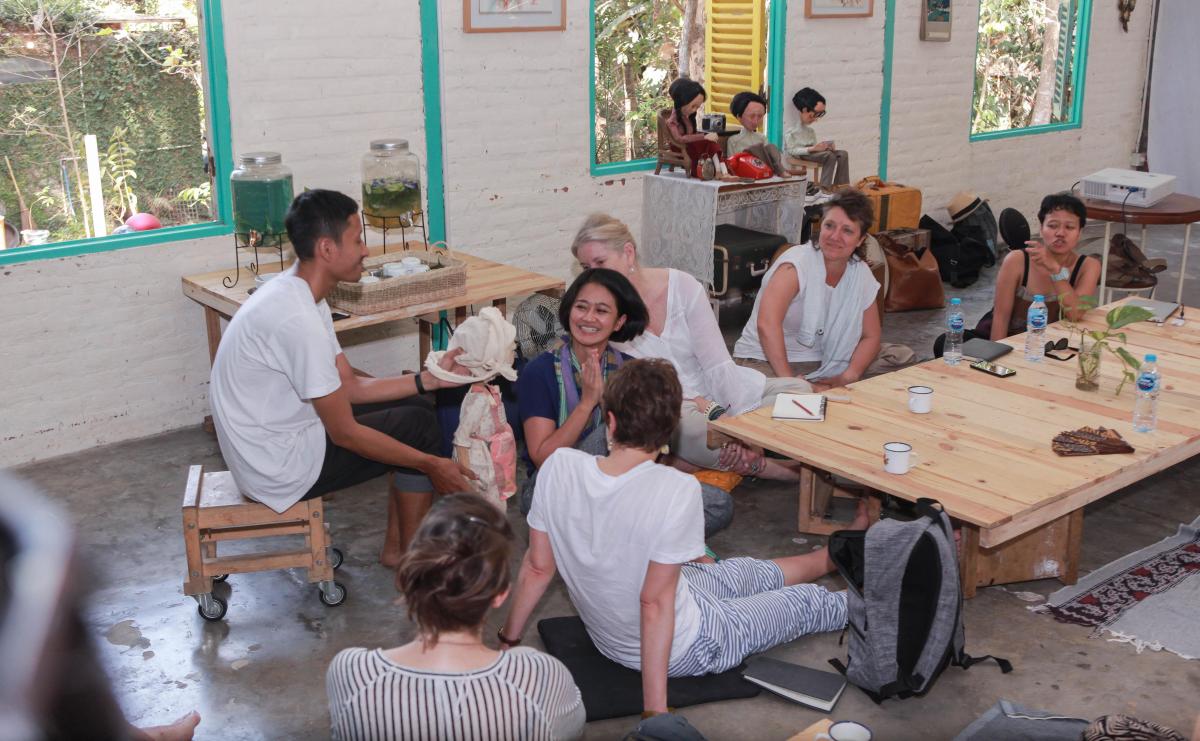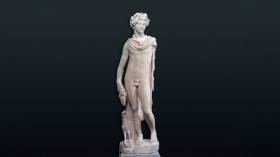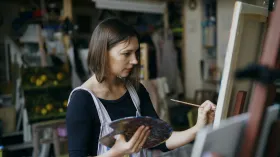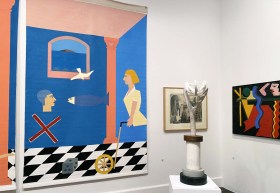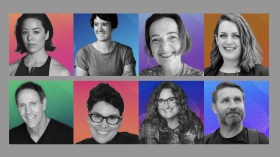Indonesia is a fascinating and complex country. It is made up of many islands, multiplicities of identities and cultures and is home to millions and millions of people.
A complex colonised history, a newfound independence and an overwhelming generosity and openness of spirit and people. The streets are packed with traffic, food, laughter and chaos. Despite a lack of sustained and broad support for the arts, creativity and artistic practice are in abundance, entwined in every person’s life.
Jakarta, and Jogyakarta was the base for Australia Council’s first international leadership residential, a week-long program of events, guests and cultural exchanges and a key component of the Arts Leaders Program.
The program invites arts practitioners from around Australia and the Indo-Pacific region to come together to share ideas, skills and build capacity. The program is a partnership with the Department of Foreign Affairs and Trade (DFAT) and is led by Professor Judith McLean (QUT/QPAC) and Kevin du Preez (Australia Council).
Collaboration and exchange
The week-long program included a range of events, guests and exchanges – supporting conversation, collaboration and exchange between the 25 participants and Indonesian artists and creatives and exploring what leadership might look like in 2019.
Features of the program included a day of guest speakers at Ak’.sa.ra, an independent bookstore and creative space in South Jakarta, an afternoon with Papermoon Puppet Theatre, and experiencing sunrise at the world-heritage site, Borobudur Temple. The days were filled with rigorous conversation, generosity and expansive questioning about the future of our sector and our responsibility as leaders and artists – in Indonesia, Australia and globally.
A provocation on the first day of the program set the tone for the experience and for reflection and exploration on what leadership in the arts might look like when the keynote speaker, Ade Darmawan (Ruangrupa and Artistic Director of Documenta15) suggested, ‘How can we consider misunderstanding more interesting than understanding?’
Leadership is deeply personal
Leadership is allusive, deeply personal and widely varied. Since the program launched 10 years ago, it has become increasingly clear that traditional notions of leadership no longer apply nor are relevant to arts leaders in Australia. Our time in Indonesia reinforced that leadership in the arts is driven by individual values, meaningful connections and strength in vulnerability.
There were no definitive conclusions about what leadership is, and no miracle solutions to the precarity of our sector. Instead of answers we found more questions. Questions for ourselves and for one another, our place in the world and these shared and disparate experiences and responsibilities we felt during the hot and humid afternoons in peak hour traffic. The questions were deeply personal, political and social.
The questions were expansive, unending and exciting – leaving participants both rejuvenated and overwhelmed. This process of questioning saw people unravel and re-form, and grapple with alternative futures as yet unimagined. As one participant said, quoting Anne Sexton’s poem: ‘A key. A useful door. That is why we are here’.
The questions were expansive, unending and exciting – leaving participants both rejuvenated and overwhelmed.
As the week unfolded, participants engaged with established and formative Indonesia practitioners, who shared with deep generosity their experiences and reflections, which we in turn exchanged. Participants, guests and hosts alike asked one another ‘What can we teach? What can we learn? What do you need? What is needed?’
As our time in Indonesia came to an end, there was a celebration and commitment to the question, and to a state of questioning in our work and lives. Maybe leadership is less about knowing, and more about a commitment to the unknown, to an exploration and to the intimacy of vulnerability and connection.
Another question hovered unspoken – how can the arts lead our future? What became clear is that the qualities of leadership we explored in Indonesia, and the process and practice of the arts share these core values of questioning, vulnerability and connection.

